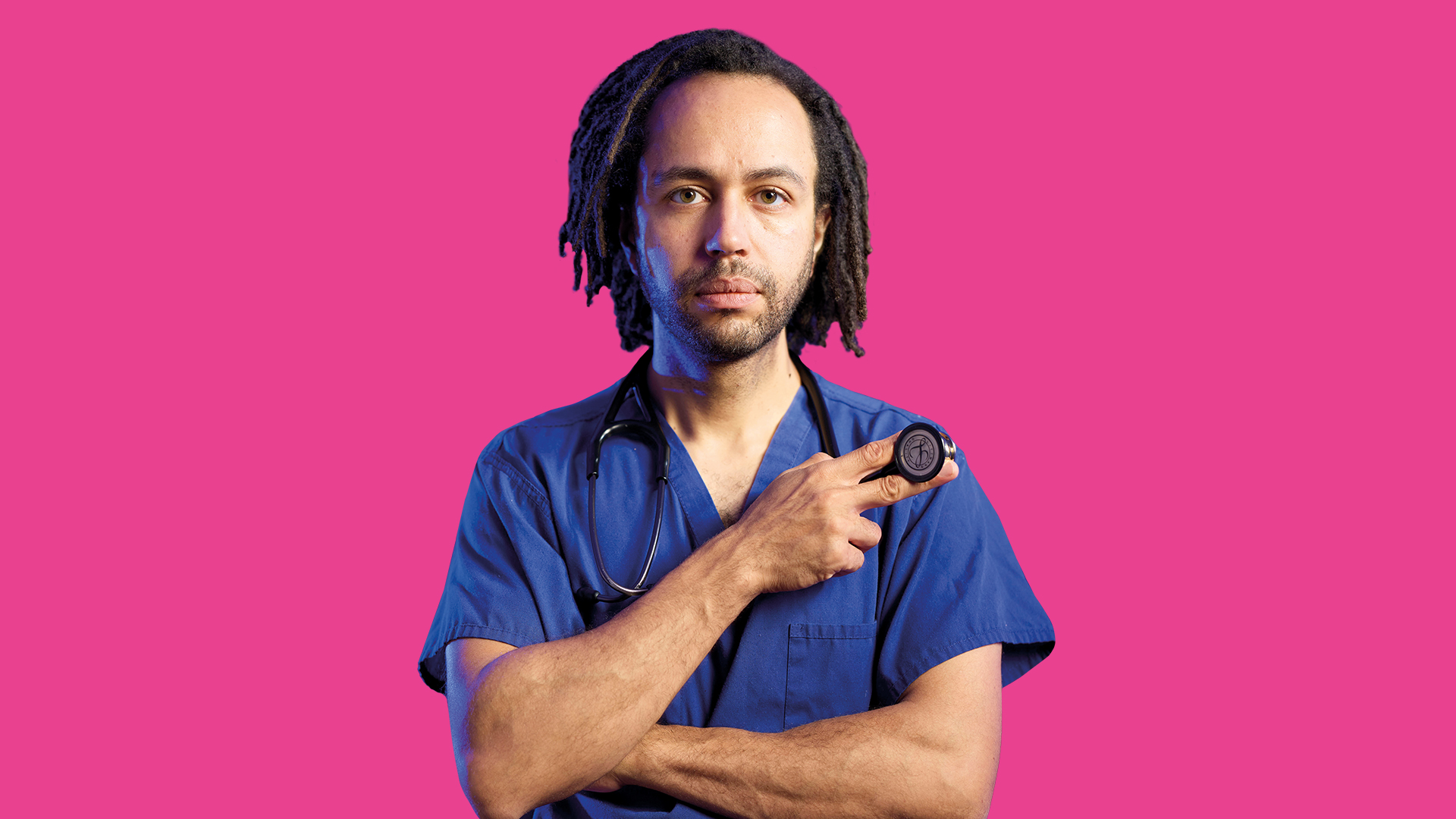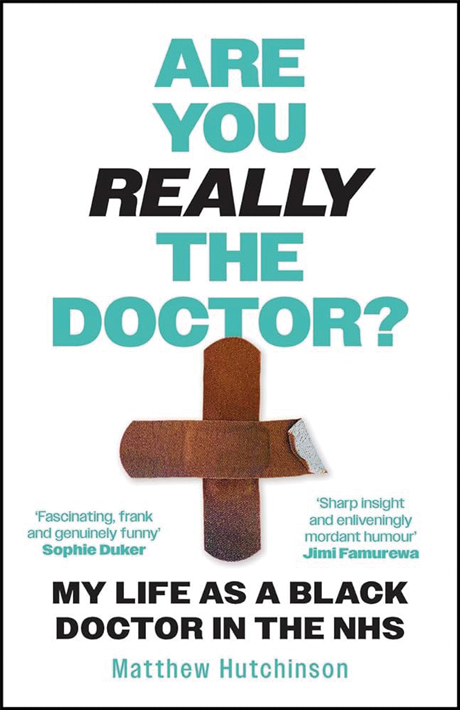Alhough I take great pride in calling myself a writer and a comedian, medicine pays my bills. Like me, ever more non-white members of society are being granted the opportunity, the privilege, to become doctors – just in time to enjoy the job for a few years, before we are rendered obsolete by Google, AI and the general post-pandemic mistrust of traditional sources of information.
But often, our experience of these last days, the barbarians at the gates, is not the same as that of white counterparts.
People ask me if there are parallels between comedy and medicine – greeting a patient is a lot like walking on stage. In 30 seconds or less, they will have formed their opinion and getting it right or wrong will dictate how the next 20 minutes is going to go. If you don’t match the stereotype of a doctor, even the most showmanly, obsequious performance is no guarantee of protection from an attitude and remarks others would never encounter.
In my book Are You Really the Doctor? I recount the time when a patient felt the need to close our consultation with, “So Dr Hutchinson, that’s a very British surname.” As if both how I could be British, and also how Black people of Caribbean descent ended up with English and Scottish surnames, were a mystery to her.
Get the latest news and insight into how the Big Issue magazine is made by signing up for the Inside Big Issue newsletter
As much as doctors may like to pretend, wish even, that we are meta-human, we are in fact flesh and blood members of society. The forces holding back ethnic minority doctors are the same as those stifling the patients we see in front of us. At baseline, regardless of race, being alive, just getting through the day can be a marathon slog.











